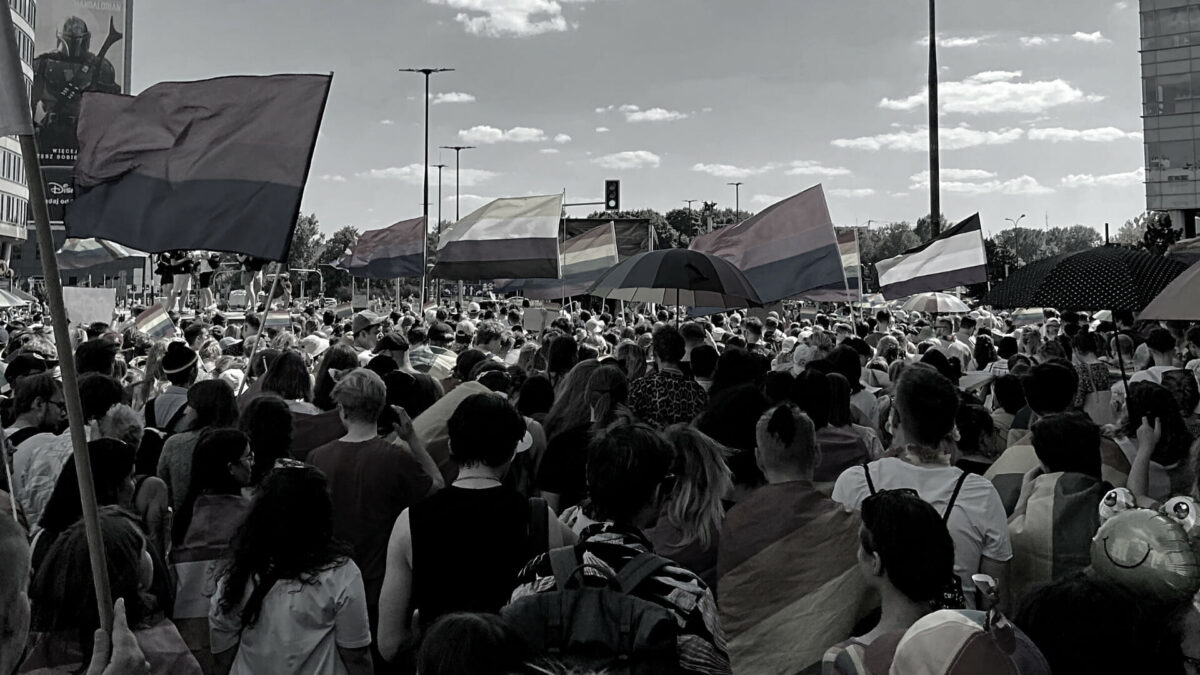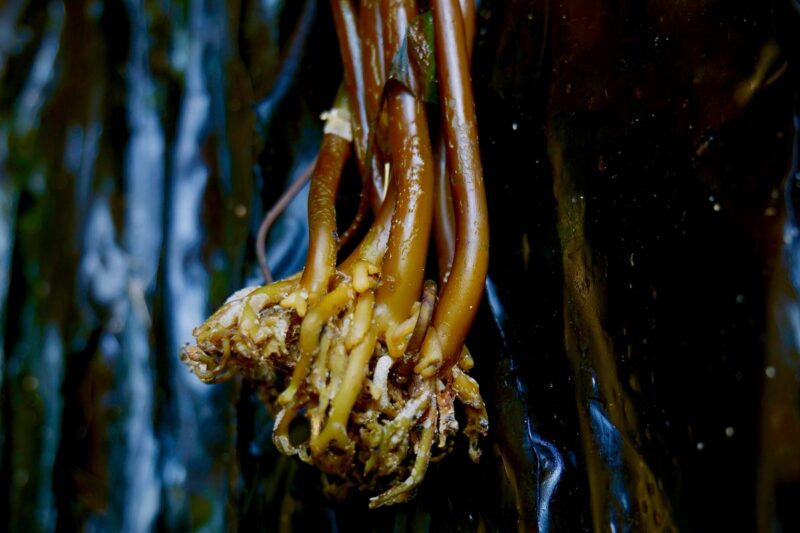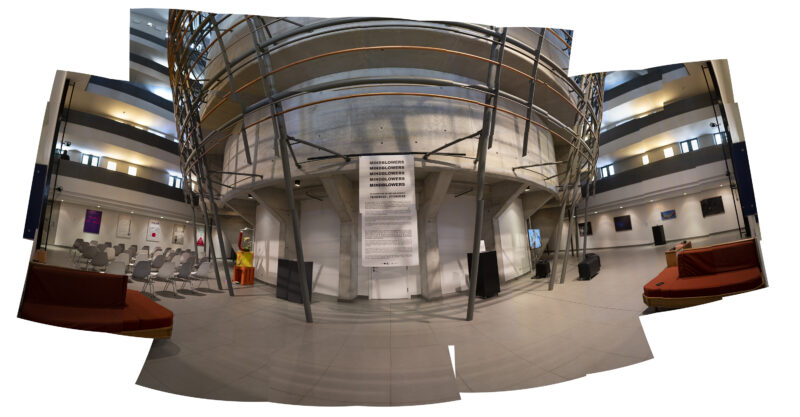
VUB alumnus, activist and political scientist Rémy Bonny is calling for more stability, freedom and protection for the LGBTQI+ community in Europe. With his organisation Forbidden Colours, he advocates for more democratic and sustainable integration of the rights of the LGBTQI+ community in European policy. Their latest campaign calls for people to sign the online petition in support of the European Commission’s case against Hungary and its “anti-LGBT propaganda law”.
Rémy, can you explain what this law is and why this case is so important?
In June 2021, the Hungarian parliament adopted a law, copy-pasted from Russia, that censors the LGBTQI+ communities in the country. This “anti-LGBT propaganda law” bans the depiction of LGBTQI+ people and the “promotion” of LGBTQI+ topics in the media and in all places where children could be, meaning almost everywhere. When that same law was passed in Russia in 2013, it meant LGBTQI+ Russians were considered second-class citizens. Via dating apps, hate groups lured LGBTQI+ people to remote locations to kill them. The perpetrators went unpunished. Putin was looking for an internal enemy for his dictatorial policies. So, with declining population figures threatening serious economic consequences, and an emerging LGBTQI+ movement in the big cities, our communities soon became that enemy. Russian state propaganda has been talking about “Gayrope” when talking about the European Union for more than a decade.
In 2021, Hungary, an EU member state, was going to copy-paste this Russian law. That set off alarm bells, but we shouldn’t have been surprised. In 2018, I investigated Russian interference in the European anti-LGBTQI+ movement. I found that Hungarian government officials such as Katalin Novák – who became president last year – was seeking advice about “demographics and family” in Moscow. In Trump fashion, Novák accused me of lies and baseless accusations. On the stage at the commemoration of the Stonewall Riots in New York, I warned about the introduction of an anti-propaganda law in Hungary and its dire consequences. Two years later, Novák and Orbán introduced it.
With the non-profit Forbidden Colours, we’re bringing international attention to the introduction of this law. For the first time, an LGBTQI+ issue was put on the agenda of the European Council. Tempers among other European government leaders got very frayed. Mark Rutte said there was no place in the EU for Hungary with such a law. After more than a year, the European Commission finally decided to take Hungary to the European Court of Justice, because this law goes against the most fundamental European norms and values.
I have every confidence that the Court will rule in favour of protection of LGBTQI+ people. This judgement will be important not only by repealing the law, but also by preventing similar laws being passed in other EU member states such as Poland and Romania.
So this case is a unique opportunity for all of Europe to send a strong and clear message: we stand by our EU values of inclusion, equality, rule of law and democracy. As of 13 February, member states have six weeks to submit their support for the case. Over the past few months, we have been travelling from capital to capital to convince member states to participate. From the commitments made, we already know this will be the biggest human rights case of all time. But you too can help. Sign our petition to call on all member states to participate.
What is the mission of Forbidden Colours and can you give examples of other actions?
Forbidden Colours aims to enable LGBTQI+ people in Europe to live their lives fully in freedom, with self-respect and dignity. In doing so, we focus specifically on the link between LGBTQI+ equality and democratic security. We see LGBTQI+ individuals being scapegoated by right-wing populist parties in several European countries, often as part of a broad campaign against liberal democracy.
The anti-LGBTQI+ movement is better organised and funded internationally. They have support from Russia, the Vatican, US evangelists – people with more financial resources than LGBTQI+ organisations. With Forbidden Colours, we closely monitor the anti-LGBTQI+ movement. We expose their connections to European policymakers and Russia. We try to have Russian oligarchs who support these networks subjected to Western sanctions. We’ve ensured that the European Commission has removed subsidies from municipalities and regions in Poland that declared themselves “LGBT-free zones”.
We also think it’s important that our communities become more resilient at the local level. To do this, we’re working with the King Baudouin Foundation, where we were the first LGBTQI+ fund. We’ve been supporting three reception centres in Poland, Hungary and Romania for LGBTQI+ people who have fled the war in Ukraine, and last year we funded Budapest Pride in Hungary. We’re also supporting smaller projects, like a photo exhibition in Sofia. We act based on the belief that while we can apply pressure from Brussels, real equality in Europe will come from the ground up.
The book Just a Family has become a symbol of the fight against anti-LGBT laws and actions. Can you tell us why this book is seen as controversial?
In 2018, author Lawrence Schimel and illustrator Elina Braslina published two children’s books. In Early One Morning, a young boy wakes up before the rest of the family and shares breakfast with his cat. In Bedtime, Not Playtime, a playful dog prevents a little girl and her family from going to sleep.
There is nothing special about these innocent stories, except that they feature two children living in rainbow families. The first has two mothers and the second two fathers. In spring 2021, a book containing both stories was published in Hungary under the title Just a Family and was immediately fined for “promoting non-traditional family forms” according to the Orbán government. The book was published in Russian last year. The organisation that published it had their premises searched. The book was banned and the organisation, Russia’s largest LGBTQI+ organisation, was dissolved by a court on the basis of the anti-LGBTQI+ propaganda law.
As a result, the book became a symbol of the growing oppression of LGBTQI+ people in parts of Europe. To draw attention to this, Forbidden Colours decided to publish the book in Belgium in Dutch and French.
How can we support Forbidden Colours?
By following us on our social media and helping support our campaigns, such as signing and sharing the petition. Those who want to share it on social media can also take a picture of themselves with tape over their mouths as a symbol of the censorship imposed on us by the Hungarian government. Don’t forget to tag us! And for those who can afford it: you can make a monthly or one-off donation to our fund at the King Baudouin Foundation.



